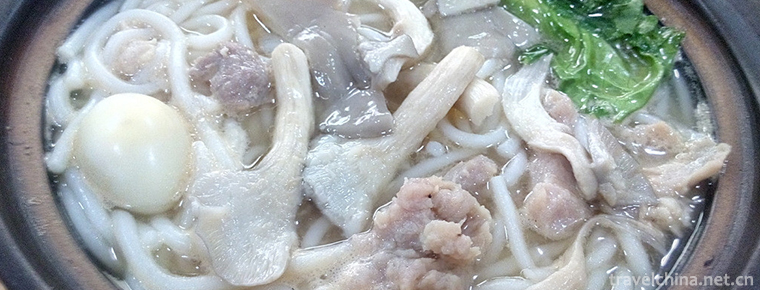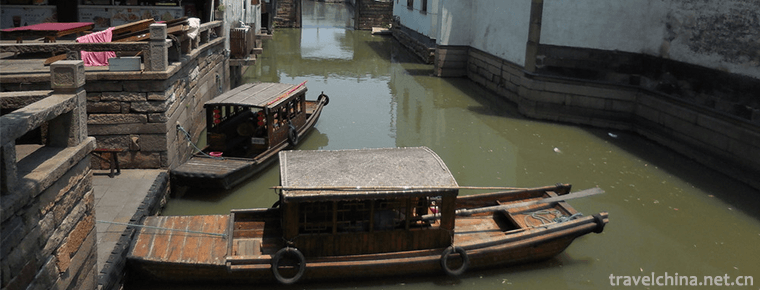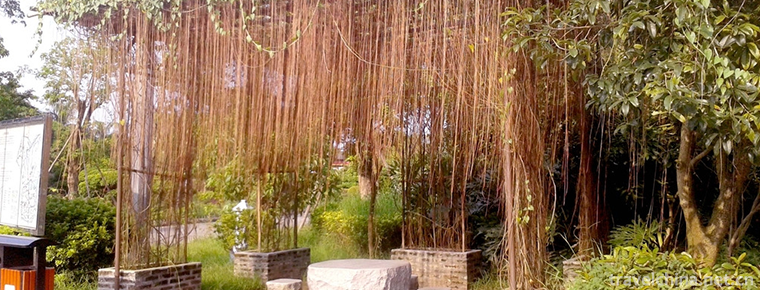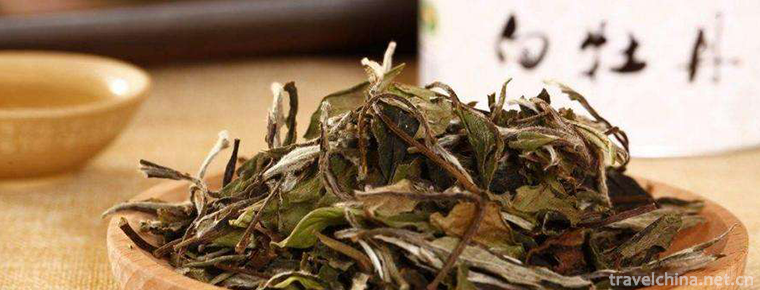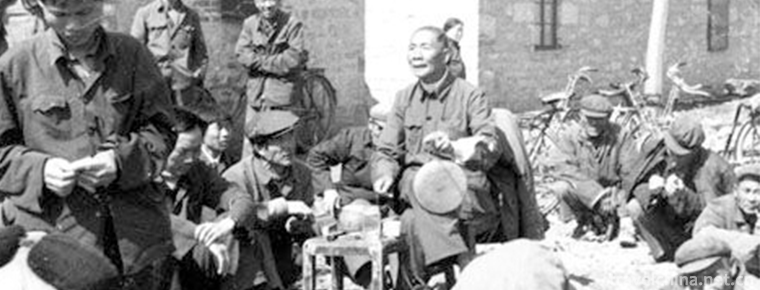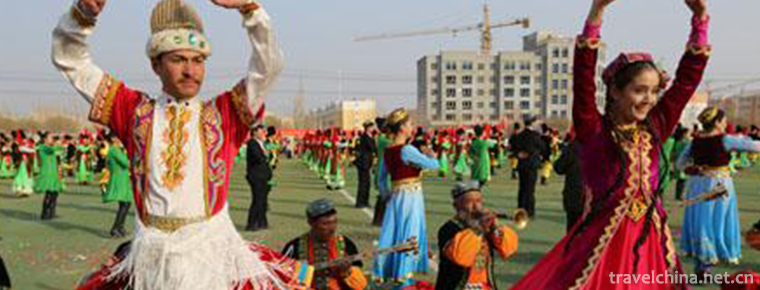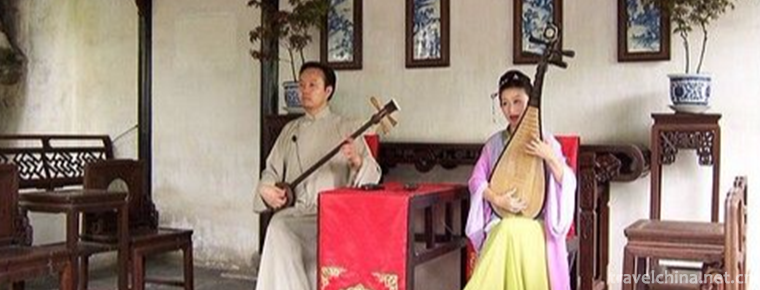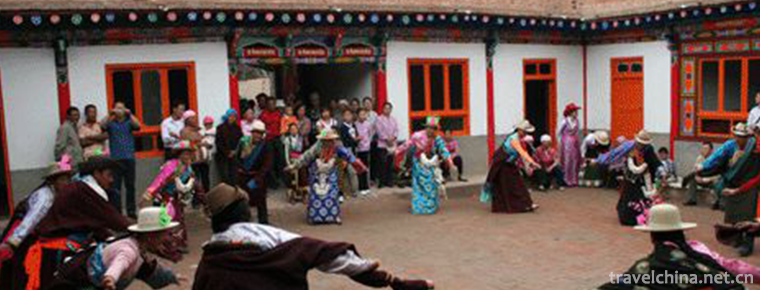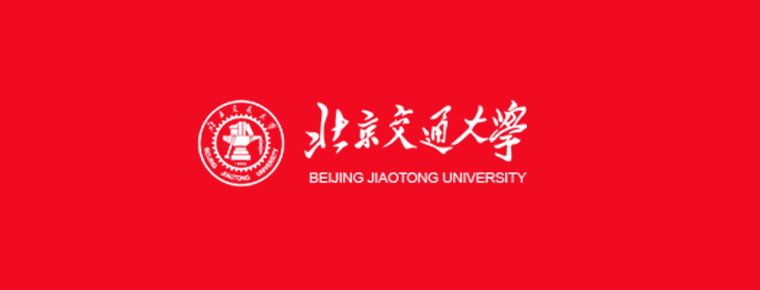Ping Ju Opera
Ping Ju Opera
Opera commentary is a kind of opera which is spread in the north of China. It is one of the most popular operas among the people and ranks among the five major Chinese operas. Some people once thought that it was the second largest drama in China. At the end of the Qing Dynasty, it was formed on the basis of the song "Counterpart Lotus Fall" in Luanxian County, Hebei Province. It first became popular in rural areas of Hebei Province, and then entered Tangshan, which was called "Tangshan Fall Zi". In the 1920s or so, a group of actresses appeared in Northeast China. After the 1930s, under the influence of Beijing Opera and Hebei Bangzi Opera, the performance of opera evaluation has matured gradually, and there have been schools of Li Jinshun, Liu Cuixia, Baiyushuang, Xicailian, Ailian Jun and so on. Since 1950, plays such as "Little Son-in-law", "Liu Qiaoer", "Flowers as the Matchmaker", "Yang Sanjie's Report", "Qin Xianglian" have exerted great influence throughout the country, with the emergence of famous actors such as Xinfengxia, Xiaobaiyushuang and Wei Rongyuan. Nowadays, opera critics are still popular in North China and Northeast China.
Opera critics are divided into East Road and West Road, while East Road Opera critics are the main ones.
On May 20, 2006, the opera evaluation was approved by the State Council and listed in the first batch of national intangible cultural heritage list.
In December 2018, the General Office of the Ministry of Education announced that Tangshan Teachers College was the base for the inheritance of excellent traditional Chinese culture.
Orion of the Name
Judging opera is known as "skipping opera" or "falling opera", as well as "flat-tuned Bangzi opera", "Tangshan Luozi", "Fengtian Luozi", "Ping opera" and "Judging opera", but eventually it is well-known throughout the country as "Judging opera". The origin of the name "opera commentary" is not uniform. One way of saying is that the name originated from Li Jinshun, an early famous actress. Another way of saying is that the name originated from Li Dazhao. When the opera critics, who were small operas at that time, entered the city stage, they both called Peking Opera "Peace Opera" with the National Grand opera, which aroused the jealousy of the masters of Peking Opera troupes, and they provoked trouble among the martial opera actors. Later, Li Dazhao, who was working in the press, came to mediate. He came up with an idea to add a word to Pingju. He said that Peking Opera is a national opera, and Peking Opera is called Ping Opera on behalf of Peking Opera; Peking Opera is a folk opera, which reflects the social reality quickly, sings in a simple form and is easy to understand. Adding a word "Ping" to a word "Yan" becomes "comment", which means to comment on society, comment on books and talk about singing. There are also views that when Zhaocai et al. transformed the lotus flower into "Tangshan Luozi", they absorbed the complete set of musical instruments of Hebei Bangzi. They named the new opera "Jingdong First Pingqiang Bangzi Opera", "Pingju Opera" for short, and used the script voice in singing. At that time, the representative actors were Yue Mingzhu, Jin Kaifang and so on. After the Revolution of 1911, Beijing was renamed Peiping, and Peking Opera was also called Peking Opera. At this time, the "Pingju" led by Cheng Zhaocai has developed to Tianjin and other places, and the trend of the renamed "Pingju" by Peking Opera has become a pair. Hence, it was named opera commentary, which embodies the meaning of "commenting on the past and discussing the present". Another view is that when the skipping play was performed in Shanghai in 1935, it was renamed "opera commentary" after adopting the suggestion of famous resident Lu Hailian because of the new ideas of "punishing evil and promoting good" and "commenting on the past and the present". In 1936, when Bai Yushuang made the film "Begonia Red" in Shanghai, the name of "opera commentary" was first published in Ta Kung Pao by the press. Since then, the name of opera commentary has been widely spread throughout the country.
Drama Festival
Opera commentary is one of the traditional operas with a long history and broad mass base in China. Established in 2000, the China Drama Festival is an annual large-scale national drama festival co-sponsored by the Art Department of the Ministry of Culture, the Hebei Provincial Department of Culture and the Tangshan Municipal People's Government. Since the fourth session, it has been held every two years. The host is located in Tangshan City, Hebei Province, the birthplace of opera evaluation.
The purpose of the Chinese Drama Festival is to inherit, develop and carry forward the art of drama evaluation, and constantly expand its influence at home and abroad. The festival includes the selection and performance of excellent plays, the convening of seminars on theatrical evaluation art, and the organization of theatrical competition and theatrical film exhibition week for theatrical enthusiasts. The Festival pays great attention to the times and the participation of the masses. Since the third festival, it has continuously strengthened its integration with economic activities, contributing to the promotion of national culture, the promotion of artistic exchanges and the promotion of the development of the art of theatrical evaluation.

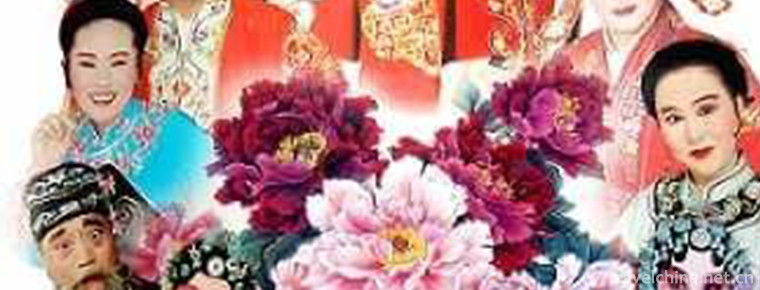
-
The Good friends rice noodles
Laoyou powder is a local delicacy in Nanning, Guangxi. In 2007, it was selected as the first 26 items of intangible cultural heritage list published by Nanning. .
Views: 213 Time 2018-11-03 -
Expo Area of Acient Kiln Folk Cultures in Jingde
Jingdezhen Ancient Kiln Folklore Expo Area, located in Fengshu Mountain and Panlonggang, Changjiang District, Jingdezhen City, Jiangxi Province, covers an area of 83 hectares. It is a cultural tourist.
Views: 158 Time 2019-01-12 -
Jingtai Yellow River Stone Forest
The Yellow River Stone Forest is located in the southeast of Jingtai County, Baiyin City, adjacent to Longwan Village, Zhongquan Township. It covers an area of about 10 square kilometers.
Views: 214 Time 2019-01-29 -
Kaiping Garden
Kaiping Liyuan is located in Bohua Village, Tangkou Town, Kaiping City, Guangdong Province. It is a private garden of Xie Weili, an overseas Chinese traveling to the United States in Tangkou Town.
Views: 130 Time 2019-01-29 -
Shui Guan the Great Wall
Shuiguan Great Wall is the eastern part of Badaling Great Wall. It was built at the mouth of dangerous valley. The Great Wall of Zishuimen Archery Tower is "V" shaped.
Views: 212 Time 2019-02-13 -
White Tea Making Skills Fuding White Tea Making Skills
The production technology of Fuding White Tea is the central process of creating Fuding White Tea. It has superb production method and unique scientific and artistic charm.
Views: 273 Time 2019-04-03 -
Hangzhou Reviews
Hangzhou commentary originated from the Southern Song Dynasty, and has a history of 800 years. It is the most characteristic local traditional folk art in Hangzhou, Zhejiang Province..
Views: 181 Time 2019-05-02 -
Sama Dance
Sama dance is a kind of folk dance that the Uygur working people dance together during the New Year's Festival. Its movements are simple and powerful. It is mainly popular in Kashgar and Shache of Sou.
Views: 111 Time 2019-06-12 -
suzhou pingtan
Suzhou Pingtan is the general name of Suzhou Pingtan and Suzhou Pingtan Ci. It is a traditional form of opera and opera that uses Wu dialect to speak and perform freely. It came into being and became .
Views: 72 Time 2019-06-17 -
Zerou
Zerou (Shangyu Zerou), also known as Ashze, is a Tibetan folk dance in Guide County, Qinghai Province. Especially "Shangyu (Chinese: lower row) is soft" is the most important. They often per.
Views: 440 Time 2019-07-16 -
Beijing Jiaotong University
Beijing Jiaotong University is a national key university directly under the Ministry of Education, jointly constructed by the Ministry of Education, the Ministry of Transport, the Beijing Municipal Pe.
Views: 154 Time 2019-09-06 -
Luzhou Medical and health
By the end of 2018, there were 46 primary health institutions and 39 other health institutions in the city, including 46 primary health institutions and 1 professional health institution. Among the hospitals, there are 97 general hospitals, 15 TCM hospitals and 35 specialized hospitals.
Views: 120 Time 2020-12-14
